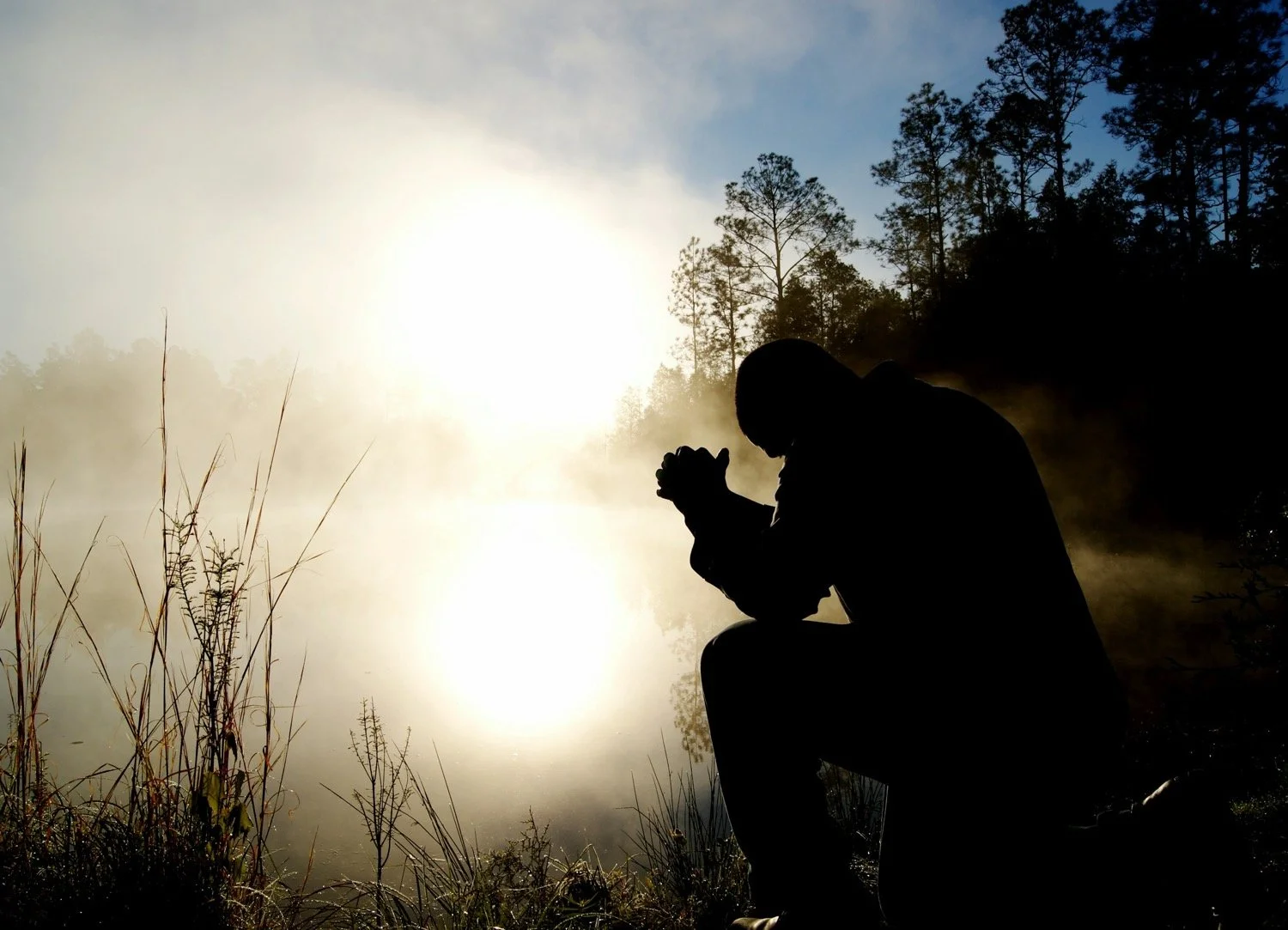Readings for today: Jonah 1-4
There may not be a more reluctant and yet more successful evangelist than Jonah. Called by God to preach repentance in the capital city of his mortal enemies, he runs in the opposite direction. (The picture above is from the ancient seaport of Joppa.) In order to bend him to His will, God sends a storm to turn him back. In the midst of the fierce storm, after the sailors have implored their gods for help and done all they can to lighten the load, Jonah is given the opportunity to share his faith with them. Their response? Worship. Sacrifice. Vows. And God stills the waters and calms the seas.
After being vomited up onto dry land by the giant fish, Jonah goes to Nineveh and preaches repentance. What was their response? Worship. Fasting and prayer. Saving faith. And God relented from the disaster He was going to bring onto the city. Was Jonah happy? Not at all. He was enraged. He lost his temper. He yelled at God. “God! I knew it - when I was back home, I knew this was going to happen! That’s why I ran off to Tarshish! I knew you were sheer grace and mercy, not easily angered, rich in love, and ready at the drop of a hat to turn your plans of punishment into a program of forgiveness! So God, if you won’t kill them, kill me! I’m better off dead!” (Jonah 4:2-3 MSG) Can you imagine the hatred that would drive this kind of response?
Reading Jonah causes us to ponder our own reluctance to evangelize. What is it that keeps us from sharing our faith? Fear? Insecurity? Disobedience? Bias? Prejudice? Hatred? What is it that keeps us from sharing the good news with those who need it so desperately? Most of the people I know are afraid to share because they don’t feel they have enough knowledge of the Bible or the faith. But how much is enough? Isn’t it enough simply to share what God has done for you? What He means to you? Still others are afraid of how the other person might respond. They fear rejection. They fear dismissal. They are afraid of the tension it might create in the relationship. But if we are able to let go of any agendas or need to control others or force our perspective on those around us, are we not then free simply to share how Jesus changed our lives? How His presence fills us with incredible joy and peace and strength? Still others don’t share because of their anger or bitterness or hatred for the other person. Most of the time these feelings are grounded in painful experiences they suffered at the hands of those around them that cause them to withhold. They don’t want those who’ve caused so much pain to come to saving faith. I can understand this perspective. I’ve felt it myself. So did Jonah. And yet God wants all to be saved and come to a knowledge of His truth. Even our enemies.
So what answers does Jonah provide? Not much. Even at the end of the book, Jonah is still frustrated and angry and wanting to die. The book ends with a question. A question that remains to be answered by every “Jonah”, every reluctant evangelist, who has come after him. What if God offers mercy instead of judgment to those who are lost? What if God offers forgiveness rather than punishment to those who’ve committed great crimes? What if God takes more pleasure in the repentance of the wicked than He does their destruction? Are we willing to trust Him by sharing our faith?
Readings for tomorrow: None




